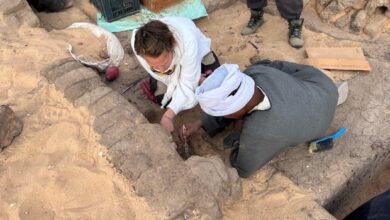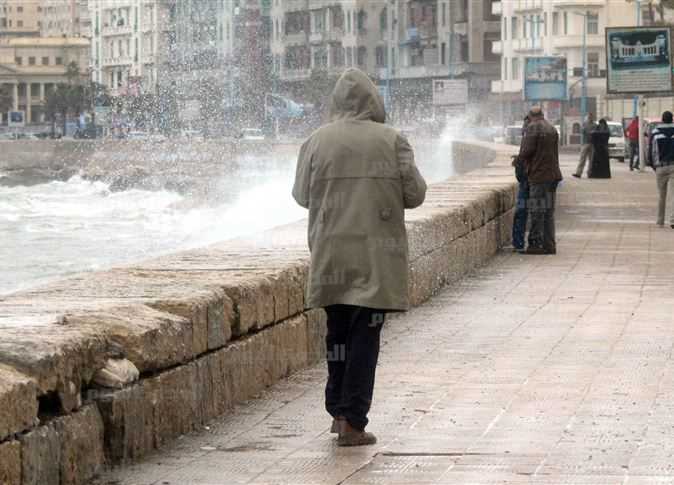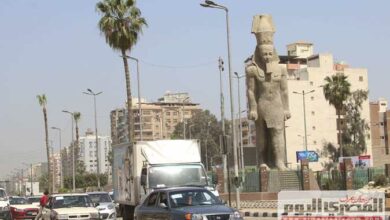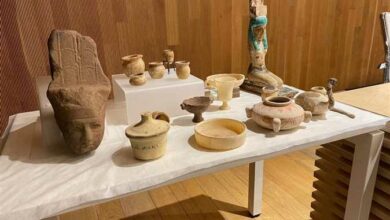SOHAG — Voter turnout in the Upper Egyptian governorate of Sohag seems to be much higher than in recent years, with many Sohag natives who live in Cairo returning to the city to cast their ballots.
Islamist parties, particularly the Muslim Brotherhood’s Freedom and Justice Party (FJP) and the Salafi-led Nour Party, seem set to dominate the People's Assembly elections in this governorate, which has a population of about 4 million.
“I will vote for Nour, not because I want to grow my beard, but because I like Sheikh Mohamed Hassan and think that the men who follow him would work diligently,” said shopkeeper Hamza al-Sayyed, referring to a local religious leader.
Many in Sohag feel disconnected from the rest of Egypt, but, like many throughout the country, they complain of the deteriorating economic conditions that are influencing many voters in these elections. “We want change, however it can come,” said Sayyed Othman, a farmer from the village of Suwama.
About 307 candidates are vying for 10 single-winner seats in five districts, while political parties and electoral alliances battle for 20 seats in two list-based districts.
“Many of the candidates running in these elections would not have dared to run in the past. The reason for this is larger districts and the breathing space offered by the revolution,” said Adel Ali, a retired military general from Akhmeem district. Traditionally, only big families who were able to mobilize their entire districts would run. “A big man is only big in his area,” Ali said.
He also believes that the Muslim Brotherhood’s history and FJP’s presence in the streets of Sohag during the campaign period will bring the party a decisive victory.
“The truth is that FJP and Nour were the only people out in the streets,” Ali said.
While the majority of the Sohag residents interviewed agree that the Islamist parties appeal to the religious sensibilities of people there, other parties have not been able to convince voters otherwise.
“I did not have the option of focusing solely on elections. I’m still trying to promote the concept of a party that travels more of a middle ground,” said Mohamed Hegazy, a longtime member of the group Kefaya, and the candidate for the moderate Islamist Wasat Party for the single-winner seat in Sohag’s first district.
Some rural residents say they are likely to back their relatives and neighbors at the polls.
“Politics here are still family politics. I only know how I’m voting for because my cousin is running,” said Maged Nagy, a 25-year-old livestock trader.
But overall it appears that with the appearance of new names and parties in the election, the influence of clan politics will be diminished. Two of the biggest local families, Omda and Sharif, don't even have candidates on the lists.
As in other parts of Egypt, members of Mubarak’s former ruling party are unlikely to have an easy time. Though some remnants of the former regime are attempting to run, activist groups and concerned citizens are trying to diminish their chances.
The activist group “Catch the Remnants” released a long list of old NDP members and security personnel who are running, such as Fawzy Hamady, a former State Security officer who is said to be responsible for torturing many of the people he hopes to represent in parliament.
So far the elections in Sohag have gone peacefully, as did voting in the Upper Egyptian governorates of Luxor and Assiut during the last round. But incidents of violence in Upper Egypt have been on the rise in recent months, including clashes between families last week in Qena governorate.
This had raised fears of violent election days.
Amr Hashem Rabei, an analyst from the Al-Ahram Center for Political and Strategic Studies, released a study about the prospects of electoral violence in September, citing wider districts and lawlessness as reasons for more violence in the elections.
Most residents — even in rural areas, where gunfire and violence is more commonplace — seem calm on these prospects.
“There are too many candidates for there to be violence. It’s not like before, where only two big names will be going head-to-head,” said Othman, the farmer.




